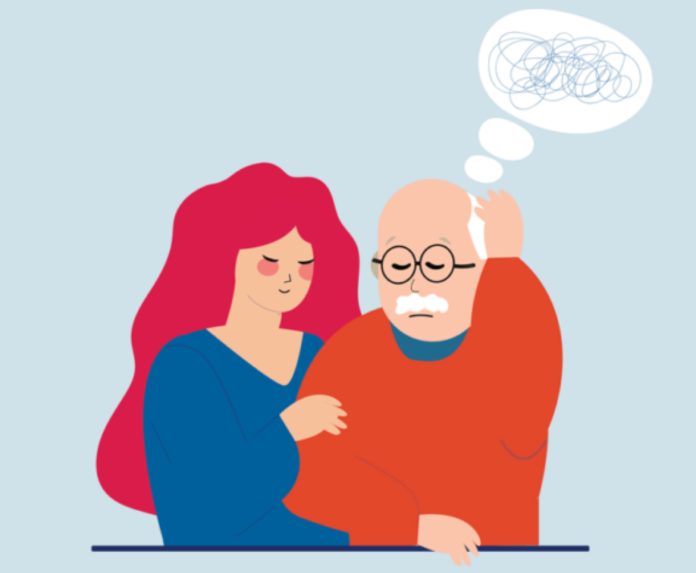Alzheimer’s disease is a progressive illness that advances over many years. As a caregiver for someone in the later stages, you play a vital role in managing their daily care and preserving their dignity. Providing care during advanced Alzheimer’s comes with unique challenges. Being informed and utilising resources can ease the burden for both you and your loved one.
Understanding the Later Stages
In the later stages of Alzheimer’s, profound mental and physical changes occur as the disease runs its course. Symptoms like memory problems, confusion and personality changes worsen considerably. Individuals lose their ability to communicate, fail to recognise loved ones, and become fully dependent on their caregiver. Alongside this cognitive deterioration, physical symptoms arise like difficulty walking or sitting upright. Incontinence also eventually develops. These combined effects mean constant attendance is required to keep those with late-stage Alzheimer’s safe and comfortable.
Dealing with Incontinence
Bladder and bowel control are frequently lost as Alzheimer’s progresses. This incontinence places extra demand on caregivers already assisting with all other daily activities. Patience and an informed strategy will help you handle accidents effectively. Establish a toileting routine to avoid incidents. Disposable, absorbent pull up pants serve as a useful aid to manage leakage. Address any UTIs promptly, as they can exacerbate incontinence. If challenges continue, consult a doctor as medications or specialist products could help temporarily improve control. Stay calm when accidents occur and reassure your loved one during changes and clean-ups.
Preserving Dignity
Coping with incontinence and increased dependency often leaves Alzheimer’s patients feeling embarrassed or distressed. As a caregiver, you play a central role in maintaining their sense of dignity at this vulnerable time. Respect your loved one’s privacy during personal care. Provide reassurance if they feel upset over needing assistance. Adapt clothing, furnishing, and activities to make daily living more manageable for them. Simple aids like adult bibs can help keep mealtimes dignified. Incorporate familiar possessions, photos, or music to foster positive connections. Though communication becomes limited, ensure you still speak directly to your loved one and treat them with compassion.
Creating a Safe Environment
Individuals with late-stage Alzheimer’s require constant supervision, as they can no longer identify dangers and quickly grow disoriented. Safety-proof your home to avoid preventable injury or accidents. Secure rugs, hide wires, install grab rails in bathrooms, and remove clutter or objects that could pose a fall risk. Keep exits secured. Address needs like mobility support promptly to keep your loved one from attempting to walk unsafely alone. Provide adequate lighting throughout living spaces and keep necessary items within easy reach. Maintain a calm environment to avoid agitating someone already experiencing confusion. You may need to relocate sleeping quarters to provide simpler nighttime access to the washroom. Making just a few sensible adjustments can prevent chaos and risk.
Looking After Your Own Needs
The demands involved in caring for someone with advanced Alzheimer’s can overwhelm even the most capable and willing caregiver. Making time for proper rest, nutrition, and emotional support, however, enables you to be fully available when loved ones require your presence most. Don’t hesitate to draw on assistance where possible from family, friends, or community resources. Protecting your own health empowers you to provide exceptional comfort to someone when their memory continues slipping away.
Alzheimer’s brings profound change and dependency for both sufferers and their tireless caregivers. However, these small measures enable caregivers to walk compassionately alongside individuals with Alzheimer’s on their difficult journey. Though memory fades, your constant presence and care still reassure your loved one each day.
If you like our content, join us in helping to bring reality and decency back by SUBSCRIBING to our Youtube channel: https://www.youtube.com/channel/UCQ1Ll1ylCg8U19AhNl-NoTg AND SUPPORTING US where you can: Award Winning Independent Citizen Media Needs Your Help. PLEASE SUPPORT US FOR JUST £2 A MONTH https://dorseteye.com/donate/







